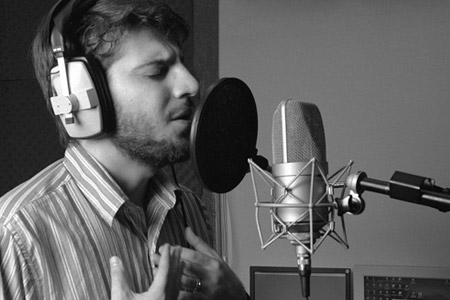
Telling Stories: Music
Issue 100 January 2013
Music is a powerful force. The rhythm of nature: the sound of a birdcall, the crash of wave, the roar of wind, the whistling of trees, can elevate one’s heart and stir one’s soul.
Music is a powerful force. The rhythm of nature: the sound of a birdcall, the crash of wave, the roar of wind, the whistling of trees, can elevate one’s heart and stir one’s soul. The beauty that exists within music was recognised by many of the early Muslims, who set up music therapy centres in Turkmenistan and across the Ottoman Empire. These were centres for emotional and mental healing, where individuals would go to establish equilibrium and to rebalance themselves. The 9th century scholar, Al-Kindi, realised the therapeutic value of music. He devised a detailed combination and assigned the 12 maqams. Each maqam could stir the emotions in different ways, as the 10th century writer, Ibn Hindu, explained, “There is a maqam which arouses sadness, another which brings joy, one relaxing and tranquilising, another disquieting and exciting, one which keeps one awake, and another which induces sleep.” Al-Kindi’s work was continued by Al-Farabi who is said to have played to the King, and his Court, making them cry, laugh, and finally fall asleep.
Within the modern world, music has many detractors. Particularly because of the music industry, which isn’t always particularly spiritually elevating or spiritually connected. However, one cannot discount the power of music, pushing it aside without understanding its capacity for bad and also for good. One cannot simply dismiss the Islamic inheritance, which in addition to music therapy includes the development of harmonisation, and the musical scale, solfège. Indeed the notes do, re, me, fa, so, la, te, do, are derived from the Arabic alphabet and solmization system, Durar Mufassalat—‘Separated Pearls’. As such, many individuals have come forth to utilise this tool, this power, and harness it towards increased God-consciousness.
Bookmark this |
|
Add to DIGG |
|
Add to del.icio.us |
|
Stumble this |
|
Share on Facebook |
|
Share this |
|
Send to a Friend |
|
Link to this |
|
Printer Friendly |
|
Print in plain text |
|

Comments
0 Comments